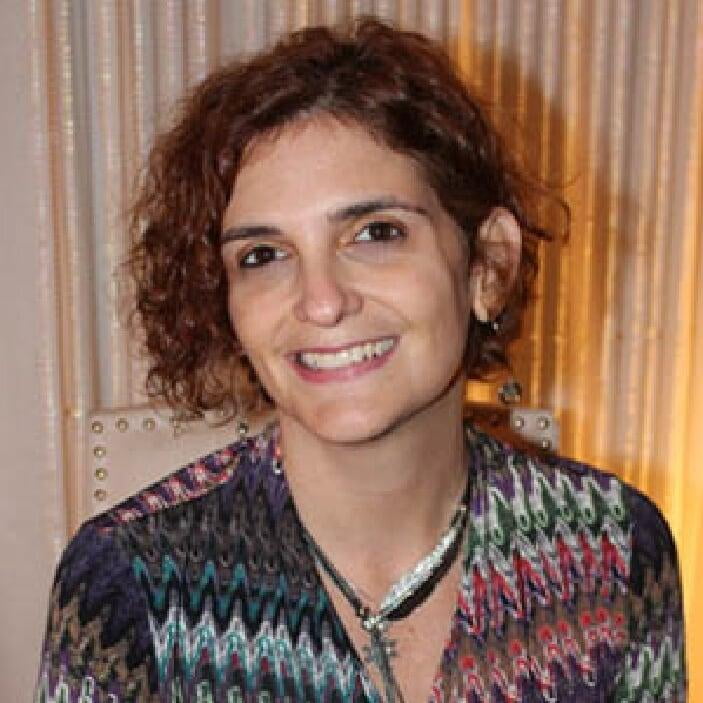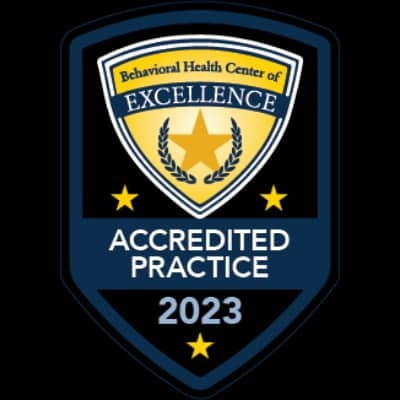People build bridges. This evolutionary adaptation is a component of our human condition and explains much of our history. Bridges are built to face challenges, shorten distances, and most importantly, make connections.
Autism Spectrum Disorder (ASD)
along with other neurodevelopmental disabilities, has presented us with a challenge to learn and understand, as its prevalence increases in children every day. In the case of ASD, 1 in 68 births is affected by this disorder. This means that many families and communities, such as ours in Arizona, are made up of children whose communication, play, learning, and behaviors manifest in special ways that are somewhat different from what is expected. Thus, this condition can be visually represented as placing children on the other side of the river, with a need to build a bridge to bring them closer, understand them, support them, and
help them thrive in their own environment.
help them thrive in their own environment.
Applied Behavior Analysis (ABA) is one of those bridges that connects children with their environment through the intervention of highly qualified specialists and more than 50 years of evidence-based practices.
Professionals trained in areas such a psychology, medicine, and communication are pillars for the implementation of this therapy through training as Board Certified Behavior Analysts (BCBAs), Board Certified Assistant Behavior Analysts (BCaBAs) and Registered Behavior Technicians (RBTs). The demand for these individuals has been increasing in clinics and specialized centers, including American Behavioral Solutions (ABS).
A BCBA is a professional who has been certified according to the requirements of the Behavior Analyst Certification Board (BACB) and often has a Master’s or Doctoral degree in psychology, child development, or a related specialty. BCBAs are in charge of conducting clinical evaluations and establishing, updating, or modifying individualized skill-based and behavioral goals. This person also supervises the implementation of the treatment plan and guides parents and caregivers with frequent training throughout the intervention period.
A BCaBA is a specialist supervised by the BCBA who also holds A BACB certification. This person usually has a bachelor’s degree in the aforementioned disciplines and performs similar duties as a BCBA.
An RBT, as defined by the BACB, is the person who works directly in the settings of the client (school, home, clinic) and implements the specialized programs under the supervision of a BCBA or BCaBA. The therapist does not design the intervention programs; however, they implement them and collect the necessary data to track progress. RBTs are specially qualified to perform this role, have a high school diploma and are over 18 years old.
The continued growth in this professional field is not only necessary in the current context, but also promising, as it offers a path of improvement and development. At ABS, we offer the necessary support to navigate this path. The flexibility of schedules and guarantee of practical experiences are opportunities for growth that our company provides and encourages.
We are called to build this bridge together
Our work not only makes us better professionals, but also more compassionate people. By assisting individuals with ASD and other developmental disabilities, we help them build a bridge to feel more secure in their own environment. ABS is already working on it, so come along with us and build your own little piece.

Eloisa Arandia
M.S., LMHC, LMFT, BCBA, LBA
About the author:
ABS Clinical Director
She develops and coordinates ABA Program, by directly and remotely supervising cases, training staff and doing ongoing monitoring of services and individual/group supervision, according to BACB standards and Agency protocols. For more than 20 years she has supported countless children, adults and their families.

Eloisa Arandia
M.S., LMHC, LMFT, BCBA, LBA
About the author:
ABS Clinical Director
She develops and coordinates ABA Program, by directly and remotely supervising cases, training staff and doing ongoing monitoring of services and individual/group supervision, according to BACB standards and Agency protocols. For more than 20 years she has supported countless children, adults and their families.



